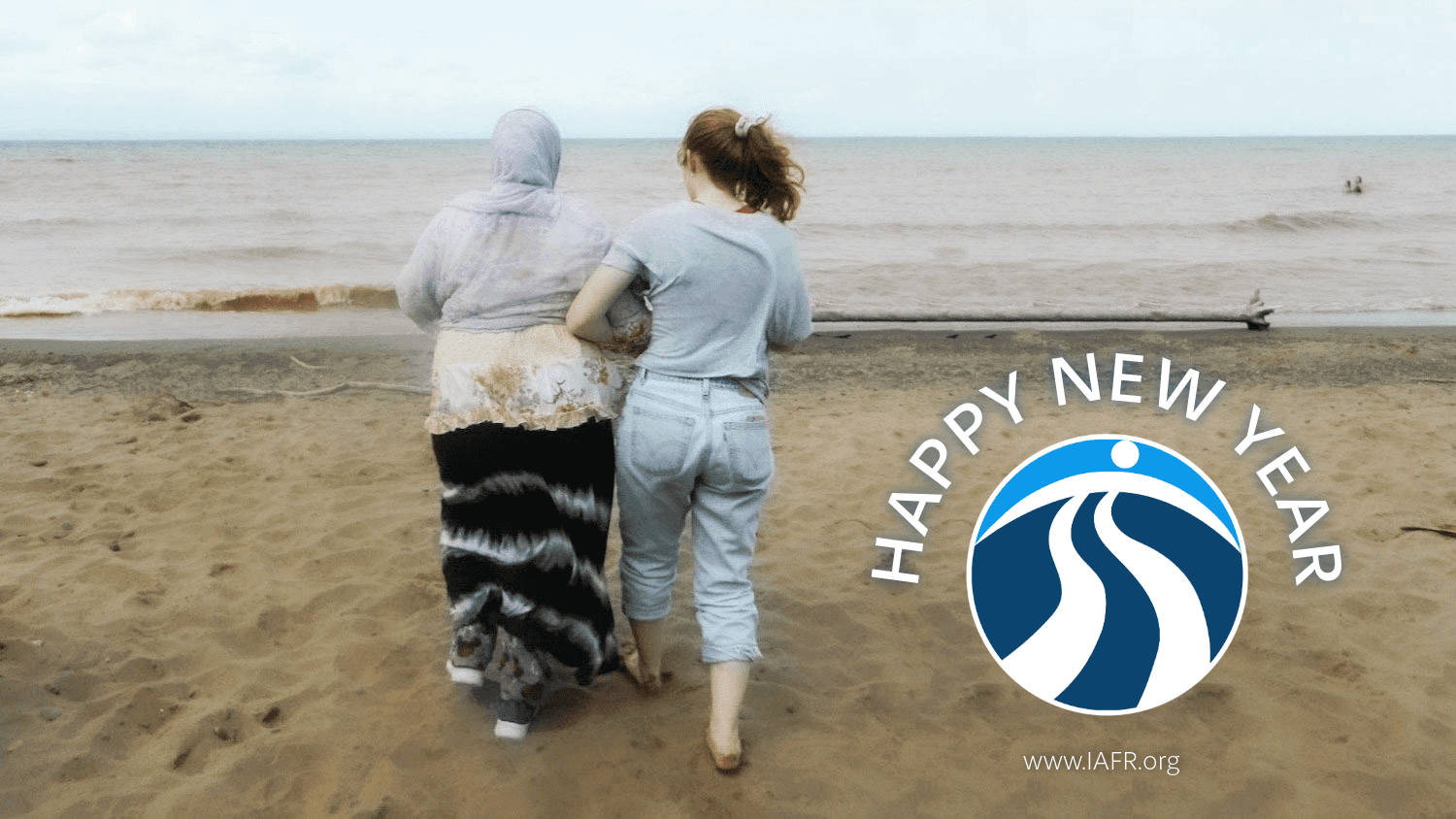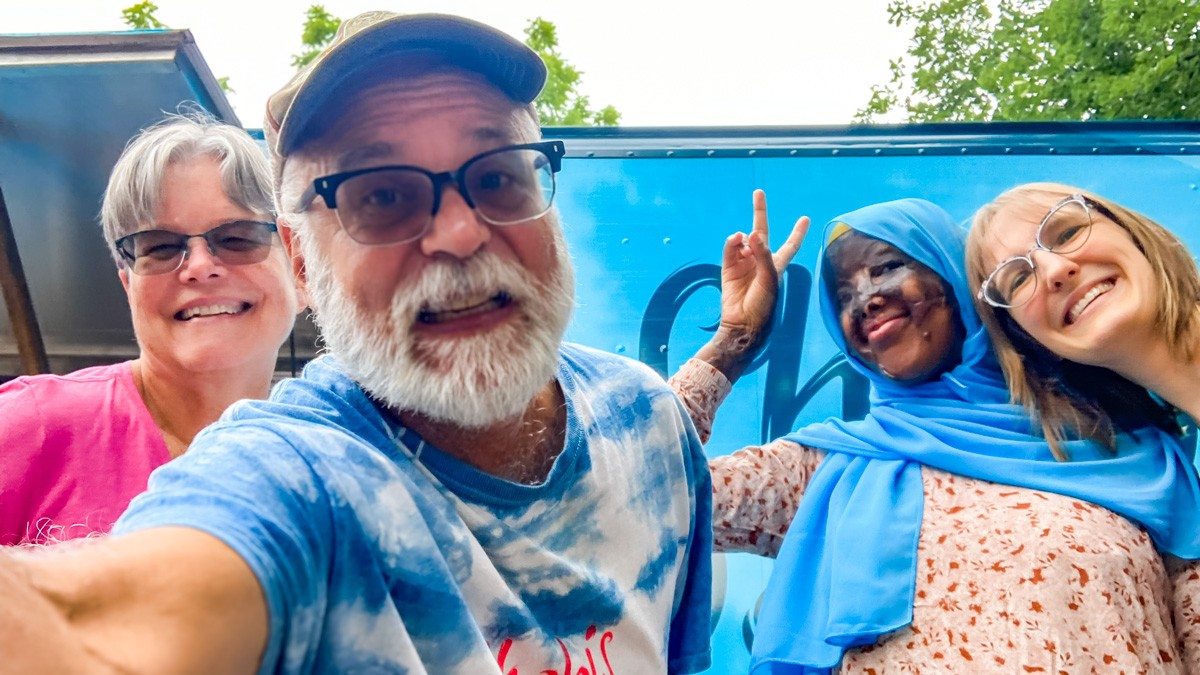Bad news from Dzaleka
Jul 28, 2023
- Tom Albinson

"In May, hundreds of refugees were rounded up in Lilongwe, the capital of Malawi, and forcibly relocated to Dzaleka refugee camp, around 40 kilometres outside the city. I have lived in Dzaleka for over 20 years, and I have never before witnessed such desperation among the refugees here."
Desperation
The New Humanitarian reported this week about abuses inflicted on refugees in Malawi as a government policy is being implemented forcing all refugees to live in Dzaleka refugee camp. You see, around 8,000 refugees have been living outside of the camp with special governmental permits to do so. Parents had businesses contributing to the local economy and their children were going to Malawian schools.
"Those people have now been stripped of everything they had built."
"Once again, we find ourselves waiting for solutions we do not control: The prospect of being able to legally integrate into Malawian society seems further away than ever; returning to our home countries still appears too dangerous; and the possibility of being resettled to a third country where we’d be able to lead full, dignified lives remains little more than a dream."
IAFR has been working in Dzaleka refugee camp since 2009 and can confirm the accuracy of this report. Our priority in Dzaleka is to strengthen hope and human resilience in partnership with churches in the camp. This development has created a whole new level of need for this kind of work. You can learn more about our work in Dzaleka by clicking here.
If you want an inside look at life in Dzaleka refugee camp, I encourage you to CLICK HERE to read the short article in The New Humanitarian.
-----
-All quotes from Flipping the Narrative: How Malawi is telling me and other refugees we don't belong, by The New Humanitarian, 27 July 2023.
Other Featured Posts

Reciprocity: experiencing God's blessings together
Feb 19, 2026

An empty seat
Feb 4, 2026

Statement Concerning ICE in Minnesota
Jan 23, 2026

Harvest Season at Hope Community
Jan 15, 2026

Happy New Year!
Dec 31, 2025

Merry Christmas from IAFR
Dec 23, 2025

Love Made Me Forget My Scars
Dec 17, 2025

Hope Has a Name
Dec 10, 2025


